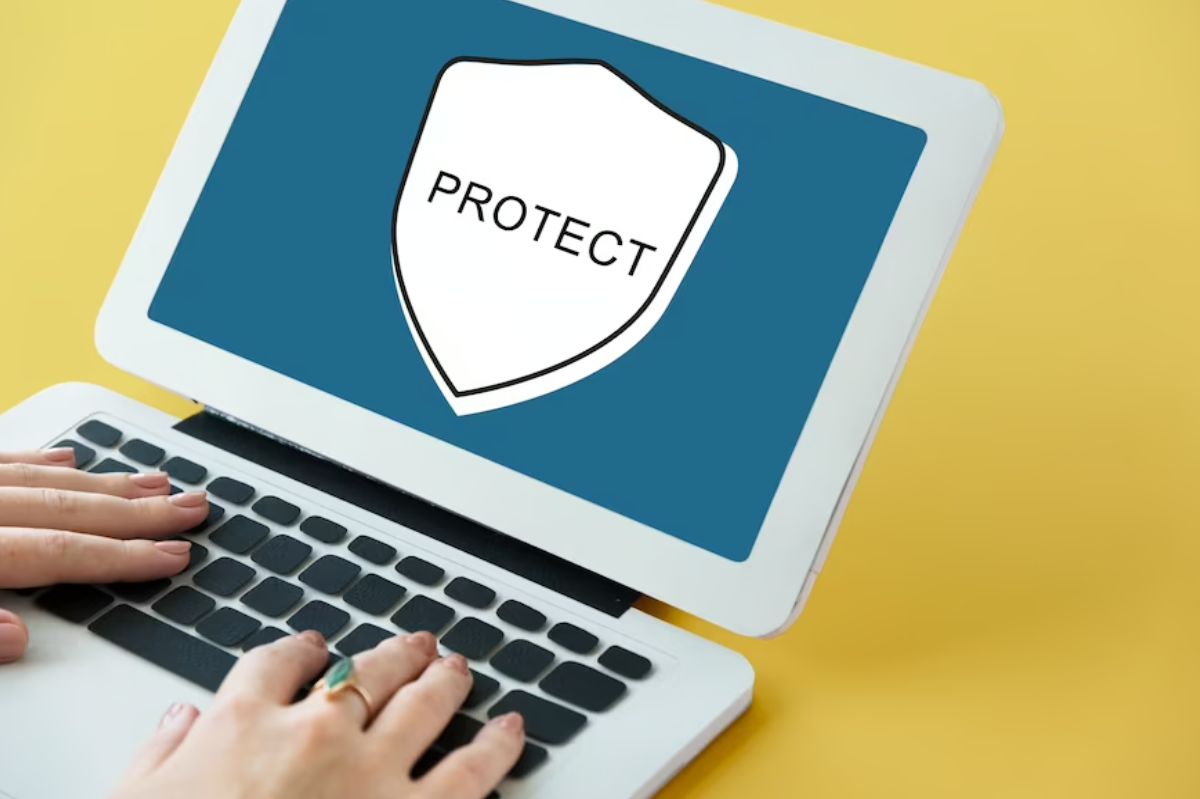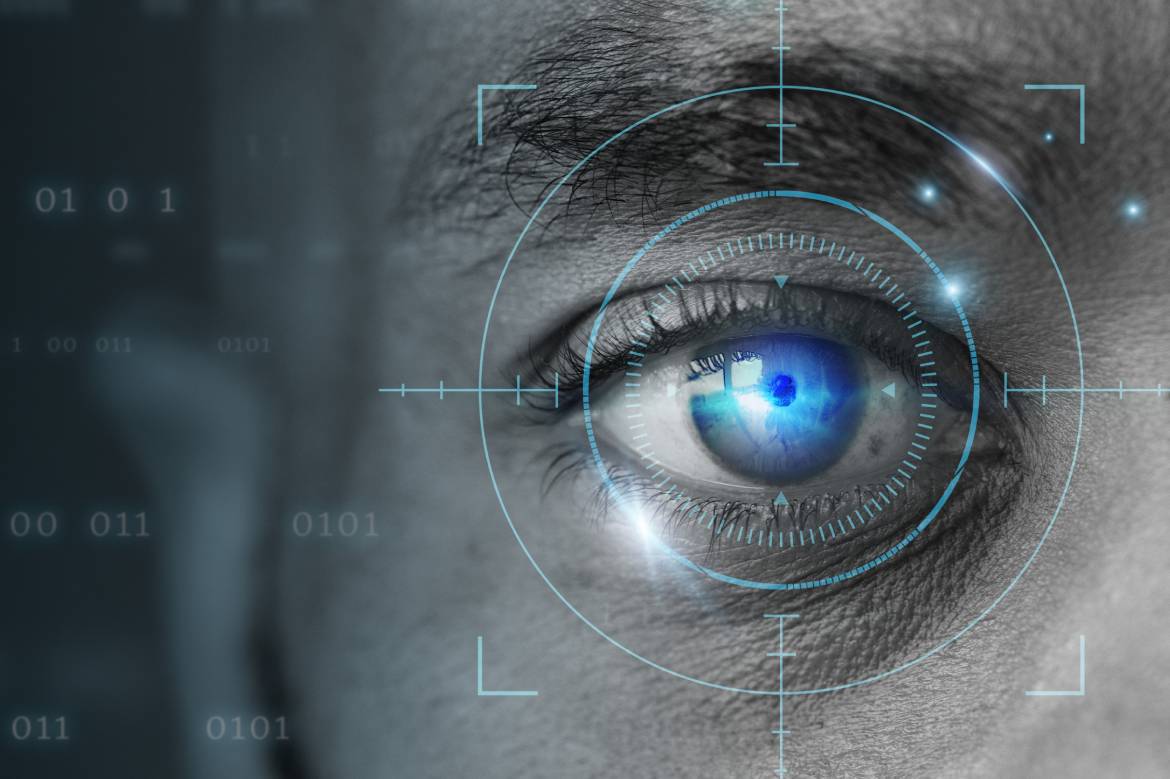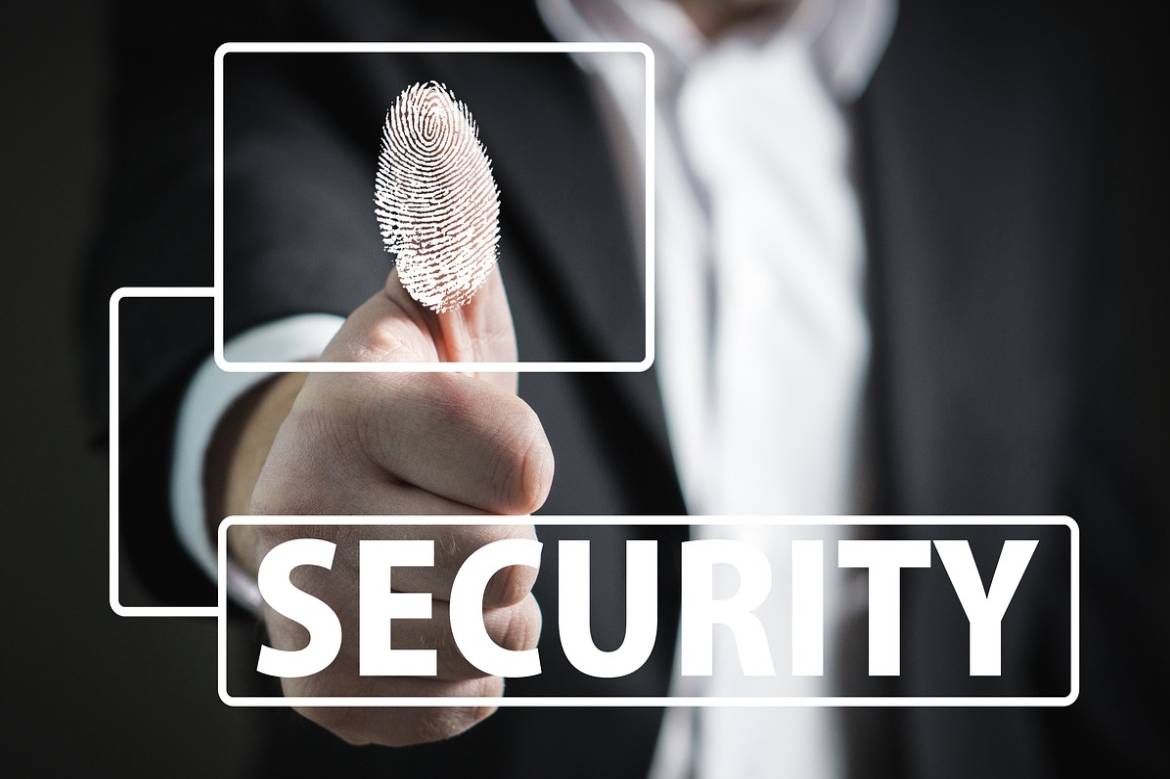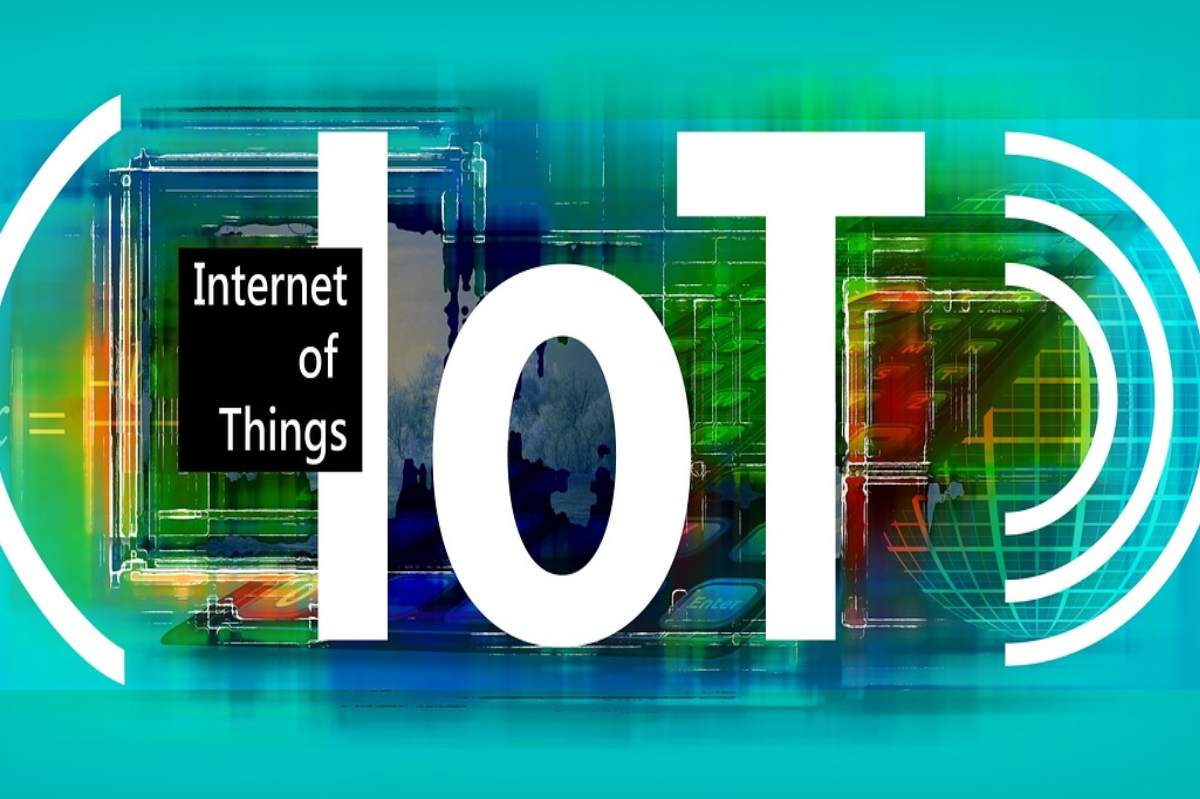Phishing attempts, viruses, worms, ransomware, and spyware are just some of the ways threat actors (hackers) can compromise your computer and network, and affect you and your business financially.
It can be scary to know how easily your identity can be stolen, just by clicking on a malicious link in an email.
While there are many ways you can be attacked or taken advantage of, you can also help protect yourself and your business from cyber threats.
Table of Contents
Install Anti-Virus Software
Antivirus software actively searches for viruses that attempt to invade your email, system files, or operating system. Install reputable antivirus software , taking into account company and product reputation, software features (eg, daily updates), and compatibility with your computer.
Also consider the price of the software. It is important to understand that the most expensive software is not always the best. And freeware, while good for your wallet, may not offer enough protection.
Install Anti-Spyware And Anti-Malware Software
Malware and spyware can do as much damage to your network as a virus. Look for the same qualities in anti-malware and anti-spyware as you would in an antivirus program. These programs should run full system scans of your computer, periodically update spyware and malware definition lists, and quarantine spyware and remove malware .
Most people just prefer to buy antivirus software that has spyware and malware scanning and removal functions, but no software can find and remove everything. Take a layered approach to securing your IT system. Purpose-built software allows for a more targeted attack against these threats.
Run Full System Scans Daily
Viruses, spyware and malware are constantly evolving. Therefore, sometimes they can evade your protection methods and infect your computer system. Implement daily scans using your anti-virus, anti-spyware, and anti-malware software to find, quarantine, and remove all malicious agents from your network before they cause damage ( or other damage).
Create A Periodic System Backup Schedule
Many types of malicious agents can destroy the contents of your computer. Create a periodic backup schedule to ensure your data can be recovered in the event of a disaster.
Consider backup options like a cloud service or a personal external hard drive. A cloud service allows you to back up your data online. A personal external hard drive can be attached to your computer so you can manually copy your updated files.
Regularly Update Your Computer System
It is very important to carry out regular updates of the computer system in order to repair all the bugs and anomalies of the system. If you do not allow system updates, anomalies and bugs that remain in your system can be exploited by hackers. Be sure to allow updates as soon as they are released.
Use Your Firewall
A network firewall is an essential tool that acts as a perimeter around your computer and blocks unauthorized inbound and outbound access. When installing or configuring a computer, take advantage of the firewall features built into the operating system. You can update the firewall settings according to your preferences.
Use Email With Caution
Hackers can exploit email in many ways – by hiding viruses in attachments, for example. Do not open or read emails from email addresses you do not recognize. Delete them immediately from your inbox.
Use The Internet With Caution
Even the most secure websites can contain spyware and malware. It only takes one mouse click to get your computer infected. Many bogus websites are camouflaged to imitate genuine sites.
When entering URLs, check the site name and spelling. Avoid clicking on pop-ups, advertisements, graphics and links to other websites.
Also Read: Identity Theft On The Internet: Protecting Your Digital Identity




